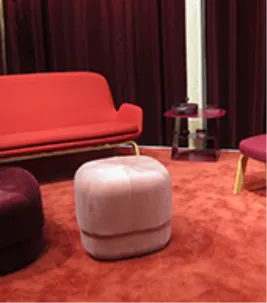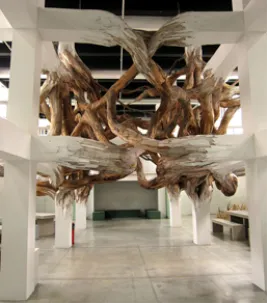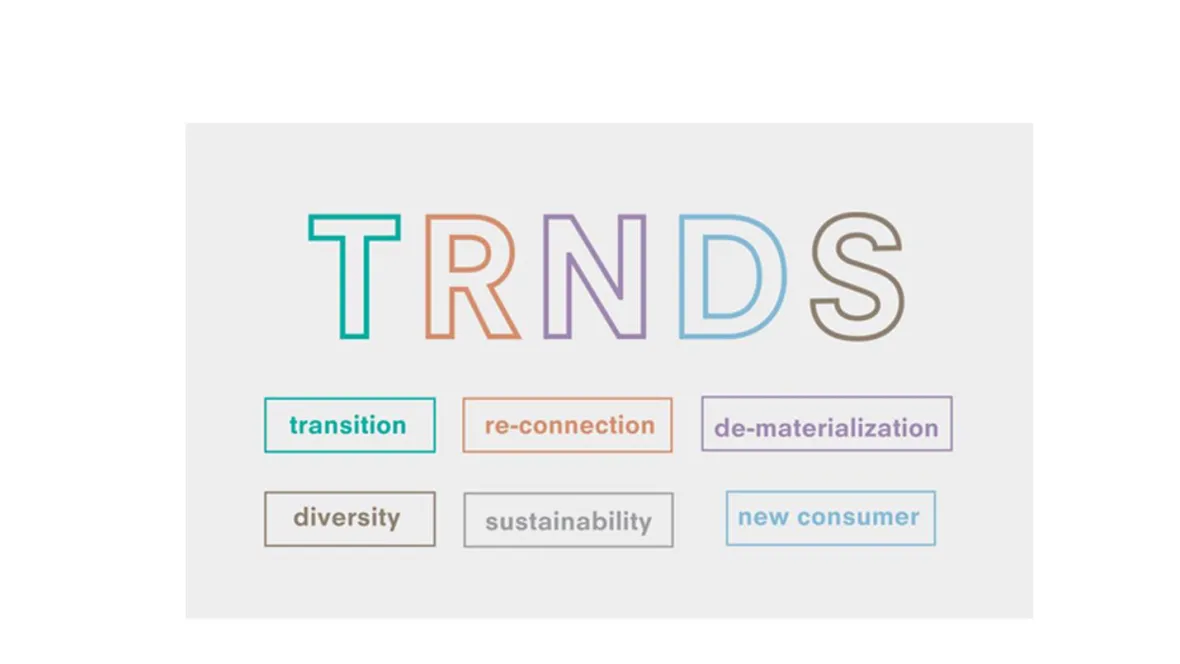
January 2015 issue
Design Safari
Last November we paid a visit to the Swiss village Lagenthal where the Designers’ Saturday event took place. Local production sites like Création Baumann, Hector Egger Holzbau, Glas Trösch, Girsberger and Ruckstuhl offered an unique stage for well known brands and several Swiss Art & Design schools to showcase their designs. In the context of attractive industrial settings experimental creative installations could be experienced.
Our Design Safari included a trip to Weil am Rhein to the Vitra Campus. In a guided tour on the Vitra premises an impressive range of architectural highlights were explained to us.
In the VitraHaus we noticed how outspoken design classics presented together in one building offered as well huge diversity as balanced beauty in one. All rooms were perfectly styled and although each of them displayed an unique identity it felt like they belonged to one big family namely the Vitra Family.
Renaissance Red
Townhall of Basel- locally known as ‘Roothuus’, with Renaissance façade made of red sandstone

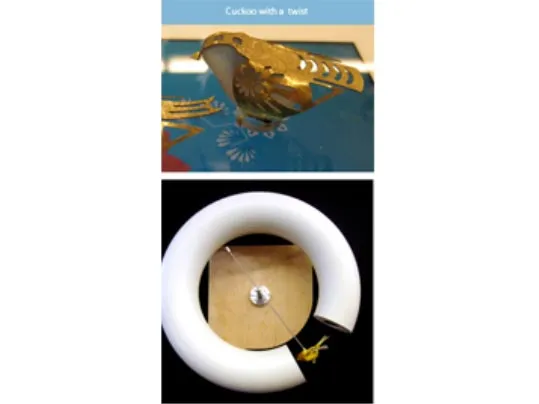
Cuckoo with a twist
Twenty four hours in the life of a Swiss Cuckoo clock- a project presented by HEAD (applied) art academy.
21 students were challenged to give the traditional cuckoo clock a contemporary twist while maintaining its main characteristics.
‘Cuckoo family’ by Marine Sergent
When placed on a tactile surface the bird starts to sing. Each bird in the cuckoo family has its own tempo. Together or separately they compose a new timescale.
‘Cuckoo’ by James Auger
Each hour the bird rotates 360 degrees and only can be seen when it enters the open section of the ring.
Classic with a slant
Frame collection- a carpet collection developed by the Swiss carpet manufacturer Ruckstuhl.
During the Designers' weekend Ruckstuhl presented eight carpet with experimental border designs, based on the traditional carpets but with a new slant. Ranging from technical to playful, colorful to restrained.

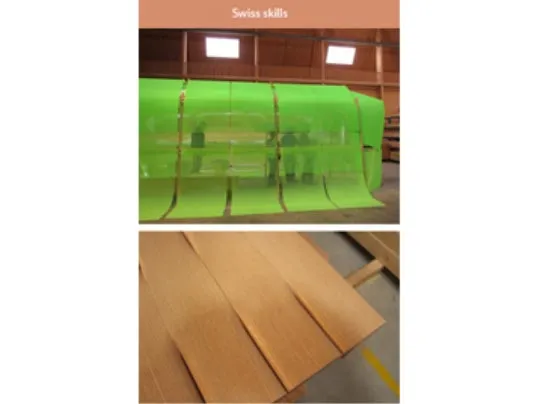
Swiss Skills
Tubus & Capra- two projects of the Swiss Designer Adrien Rovera presented at the Hector Egger Holzbau wood construction site in Langenthal.
Tubus- a range of experiments with polycarbonate pipes presented in an elegantly designed half transparent spatial construction.
Capra- stackable bench made out of solid ash as an attractive example of the high end skills of Swiss cabinet-makers.
Kyrgyztan Heritage
The Kyrgyz art of felting- an initiative of the Swiss company Feelfelt.
The making of Shyrdak carpets is a centuries old Kyrgyztan tradition. The creation of these traditional felt carpets is an enterprise led by rural women from the mountainous areas who keep the know-how about the ornaments and the treatment of felt.
Shyrdak Masters trace their designs onto wool felted materials and cut them out. The cut-out form is then placed onto its counterpart and sewn together with a "double plaited stitch". Once all designs are sewn, they are quilted onto a large piece of plain felt.
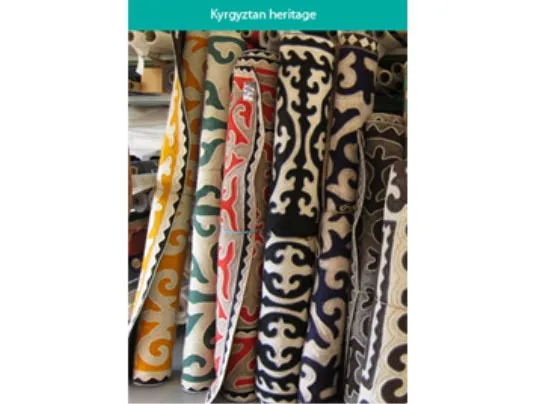
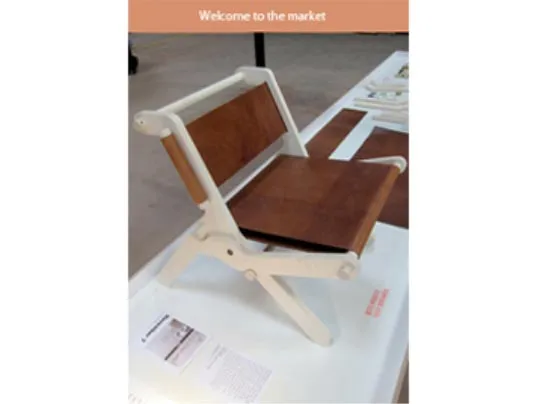
Welcome to the market
The University of Applied Sciences and Arts Northwestern Switzerland exhibited prototypes made by their students.
In an additional manifest ‘Welcome to the Market’ the school explains its vision on design, promoting students to deliver realistic ready to translate prototypes for mass production as a response to the more fashionable approach of educating students in the making of conceptual design.
Giant knittings
Maglia Carpet by Ruckstuhl
Specially for the Designer Saturday Event Ruckstuhl flew in Colombian knitters. On a podium Columbian women were knitting strips for the “Maglia” carpet. Using yarns that are composed of natural Colombian fiber that are generally used for coffee bags and bags for agricultural products.
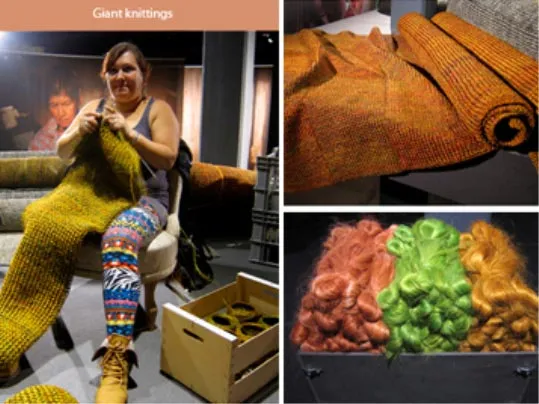
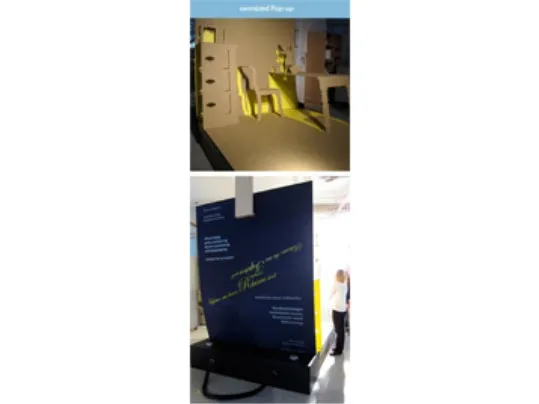
Oversized Pop-up
Wallpaper collection book
With an oversized Pop-up installation Vescom displayed their collection in the form of four life-size rooms. Huge pages that revealed different scenes: wallpaper in the office, hotel reception, operating theatre and in a private home. A collaboration of Vescom with the wallpaper developer and distributer Dieter M. Ulbrich. Concept presentation by the Swiss Bureau Hindermann.
Industrial Beauty
Out of the box- an installation created with Joelle Aeschlimann and Sylvain Aebischer at the Ruckstuhl production plant in Langenthal. The colorful and decorative designs of Alexander Girard were exhibited in an industrial context.
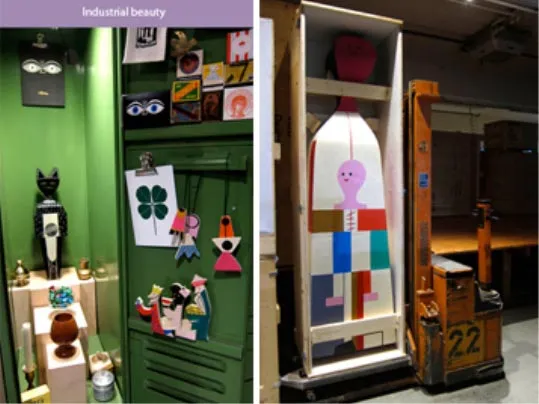
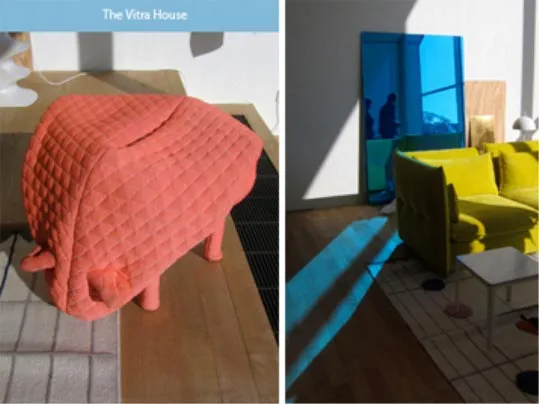
A family affair
VitraHaus- a huge range of design classics are presented in a very attractive setting together in one building, the VitraHaus. Each room has its unique identity, yet everything feels to be united in one big family.
Buckminster Fuller
Dome- Influenced by his experiences during the second World War, Richard Buckminster Fuller designed a modified geodesic dome as housing for army troop units. The aluminium tubes that form the frame are connected via a plug-in system. This facilitates the construction’s quick assembly and dismantling.
The Dome on the Vitra Campus was created in 1975 at Charter Industries and was used as a car showroom in Detroit. In 2000, Rolf Fehlbaum bought it at an auction and installed it in Weil am Rhein in the same year.
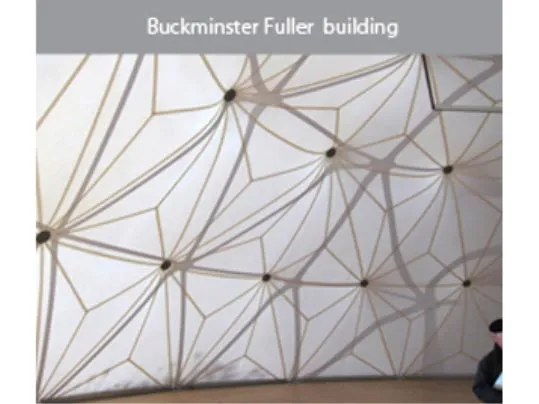
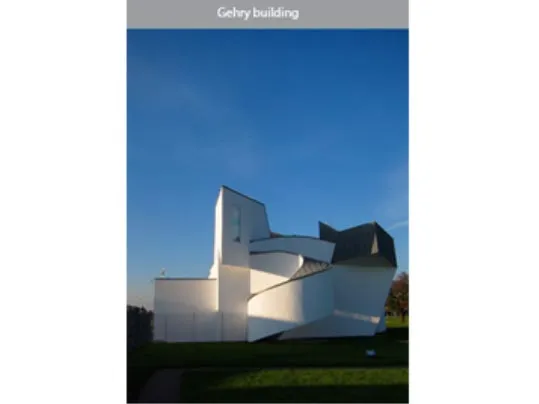
Gehry
Vitra Design Museum- The first public building on the Vitra campus was the Vitra Design Museum housed in a building by Frank Gehry.
Sanaa
Production facility- realized in 2012 on the Vitra Campus. A design by SANAA architects.
The proposal for a circular building was based on the realization that logistics and production methods no longer adhere to strictly hierarchical principles, but require flexibility.
The façade elements of the building are made of acrylic glass with an undulating surface. The outer layer of acrylic is completely transparent, while the inner layer is an opaque white colour. The individual panels were first cast in flat sheets, then heated and vacuum moulded to create the wave structure.
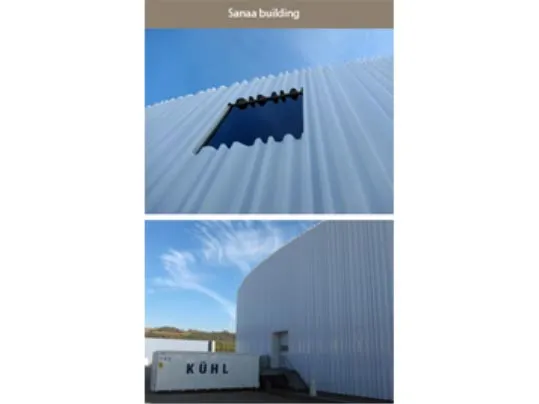
Jean Prouvé
Petrol station- designed in 1953 for Mobiloil Socony-Vacuum by Jean Prouvé and his brother Henry. One of the first serially manufactured petrol stations, constructed out of modular prefabricated metal components.
There are in total three Prouvé petrol stations Prouvé petrol stations on the Vitra Campus.
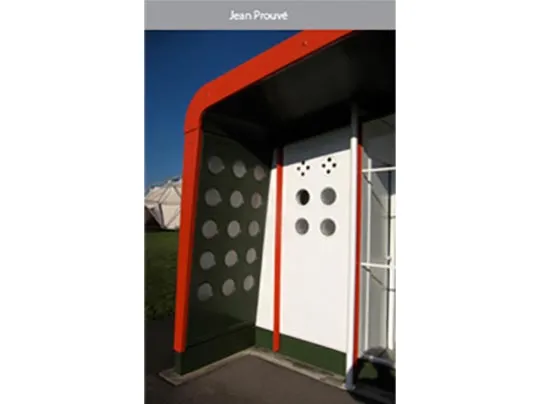
Should you want to receive our TRNDS newsletter on a regular basis please subscribe here
Subscribe for TRNDS newsletter
